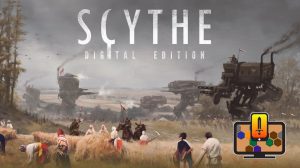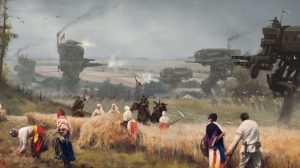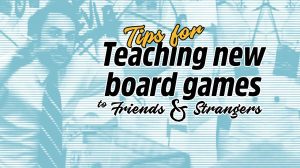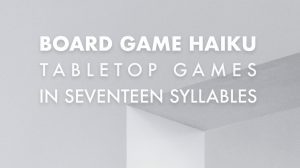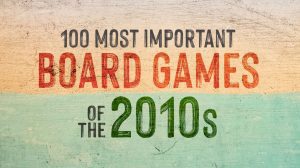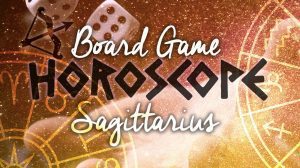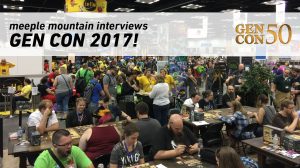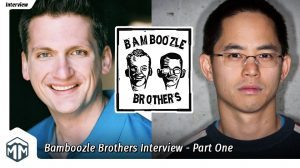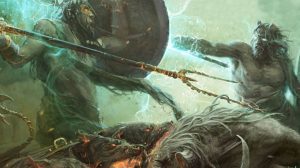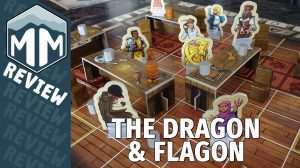It is a time of unrest in 1920s Europa. The ashes from the first great war still darken the snow. The capitalistic city-state known simply as “The Factory”, which fueled the war with heavily armored mechs, has closed its doors, drawing the attention of several nearby countries.
Scythe is an engine-building game set in an alternate-history 1920s period. It is a time of farming and war, broken hearts and rusted gears, innovation and valor. In Scythe, each player represents a character from one of five factions of Eastern Europe who are attempting to earn their fortune and claim their faction's stake in the land around the mysterious Factory. Players conquer territory, enlist new recruits, reap resources, gain villagers, build structures, and activate monstrous mechs.
Each player begins the game with different resources (power, coins, combat acumen, and popularity), a different starting location, and a hidden goal. Starting positions are specially calibrated to contribute to each faction’s uniqueness and the asymmetrical nature of the game (each faction always starts in the same place).
Scythe gives players almost complete control over their fate. Other than each player’s individual hidden objective card, the only elements of luck or variability are “encounter” cards that players will draw as they interact with the citizens of newly explored lands. Each encounter card provides the player with several options, allowing them to mitigate the luck of the draw through their selection. Combat is also driven by choices, not luck or randomness.
Scythe uses a streamlined action-selection mechanism (no rounds or phases) to keep gameplay moving at a brisk pace and reduce downtime between turns. While there is plenty of direct conflict for players who seek it, there is no player elimination.
Every part of Scythe has an aspect of engine-building to it. Players can upgrade actions to become more efficient, build structures that improve their position on the map, enlist new recruits to enhance character abilities, activate mechs to deter opponents from invading, and expand their borders to reap greater types and quantities of resources. These engine-building aspects create a sense of momentum and progress throughout the game. The order in which players improve their engine adds to the unique feel of each game, even when playing one faction multiple times.
Can the digital Scythe possibly make fans of the board game version happy? Read our review to find out!
Is Scythe a eurogame with minatures or a miniatures game with euro tendencies? Either way Scythe is a meaty and satisfying game that will appeal to gamers of...
Sometimes it's better to play with pixels than with cardboard.
The dilemma: how do you get anything you brought to game night on the table? Justin explores that critical moment and brings perspective on the state of gaming.
The team suggests 6 games in need of a deluxified re-release!
Complicated board games can be hard to teach to new players. In today's article, we give the groundwork for educating your future players.
3D printers are an affordable, fun way of creating all sorts of useful things. See how I’ve used 3D printing to improve some of my favorite games in this Top 6...
Join us as we explore some amazing board games in just seventeen syllables with our first collection of board game haiku!
Ten years is a long time in board gaming! Join us as we look back on the smart, influential, weird and crazy things that emerged from the last decade of games.
There are some games that have components that are just nice to hold. If you enjoy games with quality components, check out our list of Top 6 Irresistibly...
Are you a Sagittarius? Do you wonder what your astrological sign says about you as a board gamer? Read our Board Game Horoscope: Sagittarius feature to find...
The Meeple Mountain team was hard at work during Gen Con 2017, getting the scoop on the latest board game news, upcoming titles, and current smash hits. Did we...
Join Meeple Mountain in our video premier as Andy, Elijah, and Jesse review our Top Games of 2016.
Join Meeple Mountain as we interview The Bamboozle Brothers (Jay Cormier and Sen Foong-Lim) and talk to them about their design processes and inspirations, and...
If you’re unfamiliar with what Gen Con is, check out out Part 1 of our Gen Con Journal. In Part 1 I talked about what the actual experience of Gen Con was like...




